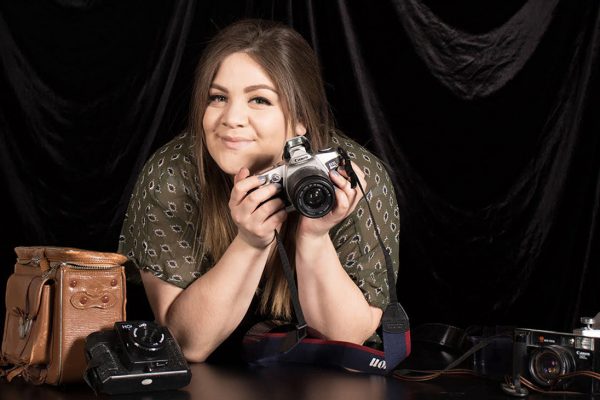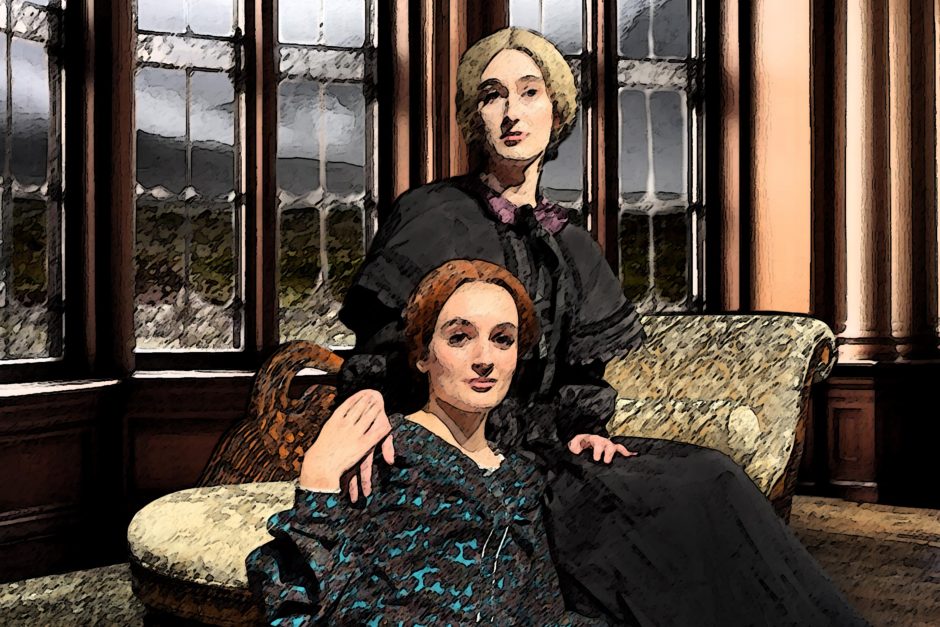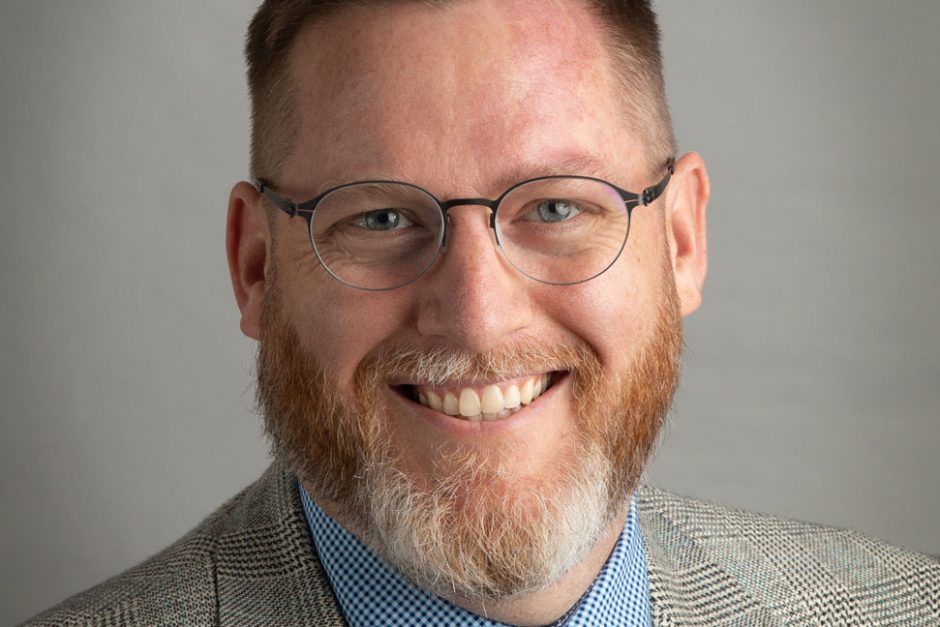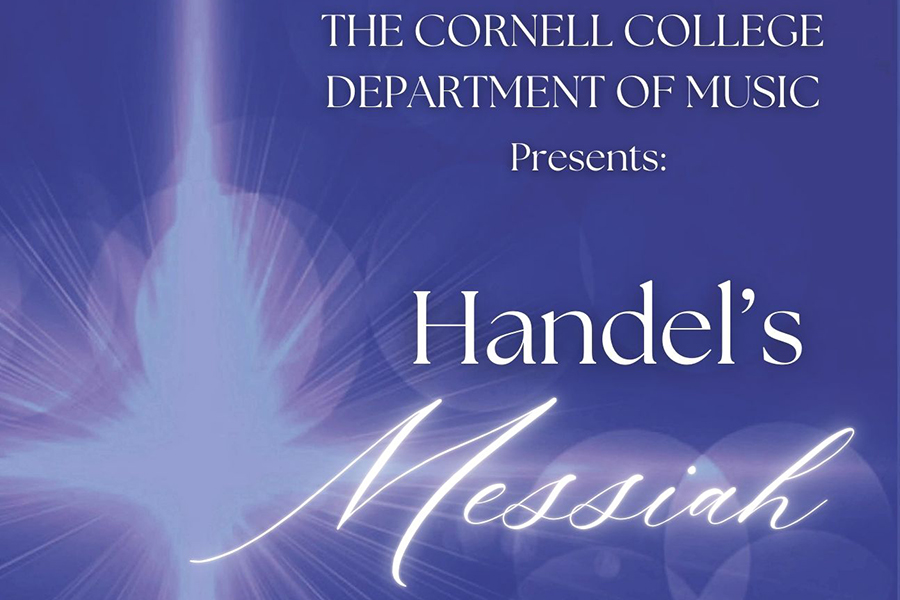‘Inherited Dreams’ display shows student stories
Some say a photo is worth a thousand words, but for Alondra Arias ’18, a photo is worth much more than that.
Her photos demonstrate a lifetime of challenges and opportunities of first-generation college students who are also first-generation Americans.
“I took pictures of five students at Cornell, in addition to myself,” Arias said. “I asked the students to think of the settings they wanted to work in. After I printed the pictures, I had students reflect on the pictures. I asked them: How has being a first-generation American and first-generation student in college shaped you or influenced you and your dreams for the future? What is it that you wish your future looked like?”

This art and sociology double major says, however, that this isn’t an art project–it’s a sociology project.
“It’s not about the picture or the way the picture was taken, rather the art of this project was how all of the students came together and had a conversation about how their lives have been shaped by what they saw their parents go through,” Arias said.
The senior said she came up with the idea for this senior capstone project by reflecting on her own experiences. She’s from a small town in northern California, which she describes as a city made up of people of color with low incomes. Arias recalls her parents’ stories about the struggles they faced coming to the U.S.
“My parents came to this country [from Mexico] at the young ages of 16 and 18-years-old,” Arias said. “My dad’s biggest dream was to graduate high school and get a college career. He didn’t have the chance to do that because he quickly became busy working to achieve the American Dream. My parents worked long hours at multiple jobs in order to survive and feed my siblings and me. They would tell me the only way I would be able to achieve all my dreams would be by getting an education. That made me want to go to college, even before I really knew what college was all about.”
While the stories of the other five students featured in the project are different, Arias discovered that all six have a lot in common.
“This project has allowed me to make a sociological statement about how even though we were all raised in different parts of the United States, we have this bond that unites us all and it’s the fact that our parents came to the U.S. chasing the American Dream,” Arias said. “The project talks about a generation that doesn’t fit completely into society and that often gets left out of the conversation. It’s the generation that has a missing identity because they are not considered members of the American community, but they are also not considered members of their parents’ home country community either. I think this project helped me grow as a sociology student because as I explored my identity, I allowed others to explore with me.”
Each student featured in the display has a career goal, including becoming a pharmacy owner in a low-income community, immigration lawyer, engineer, medicinal chemist, and Spanish teacher. They’ve all been influenced by their history and want to help others who may also identify as first-generation college students and Americans.
“I want to be able to help youth as much as possible to achieve their own goals,” Arias said. “I hope to be able to make an imprint on young people and hopefully incorporate art through the process.”
Arias will display her photo show at the Iowa Sociological Association Annual Meeting on April 20 in the Thomas Commons.
This display is a spin-off of her senior art show in which she photographed herself in Tijuana, Mexico. The photos show stereotypes that Americans and Mexicans use to label first-generation children born in the U.S. That display will be available for viewing April 22–May 2 in the Peter Paul Luce Gallery in McWethy Hall.



